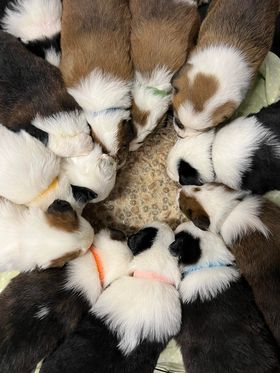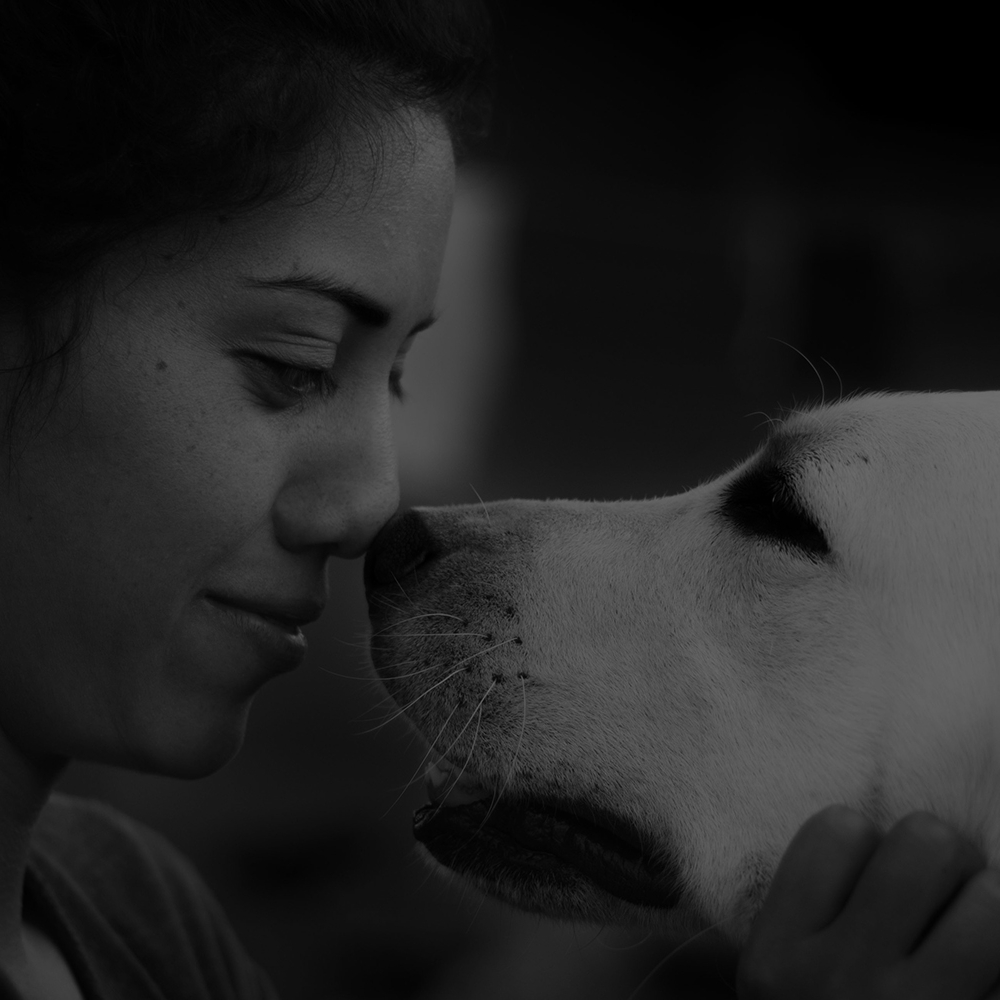Desexing Campaigns
We Love Dogs has been providing a desex programme over the last 12 months with the assistance of NZ Companion Animals, New Plymouth Vet Group, Vets 4 Pets and public donations. The programme has provided surgery for over 40 dogs, both male and female.
The programme calls for owners to register their details using a google form, our trustees will priortise need based on information and make bookings.
We Love Dogs will commence their second campaign with bookings open now. Securing bookings may take some time, dogs cannot be “in heat” and they must also be old enough to undergo surgery safely using guidelines set by the vet surgery. The trust will manage booking and notify owners as these become available.
Application can be made
following the link on Facebook.



Desexing plays an important role for dogs and their owners. We all know male dogs will do just about anything to get to a prospective mate. A male dog confined indoors is likely to try and escape to follow his natural instincts, increasing the risks he will roam the streets and get hit by a car, get lost, or end up in the wrong hands while having a female dog on heat in a confined space can bring behavioral changes and bleeding in the house.
Desexing can eliminate and reduce these issues, making life much less stressful (and messy) for inside dogs and their human companions and also reduce the risk of indoor dogs developing prostate diseases, testicular cancer, uterus infections, and mammary tumors.

Many pet owners want to have their pet desexed but worry the procedure will change their pet’s personality. This widespread myth is just that – a myth. Desexing will not change your pet’s basic nature, although it may lead to improvements in behavior, playfulness, happiness, and focus.
Some pet owners don’t have their pets desexed because they believe their pets are too young for the procedure, whereas early age desexing is readily available. The surgical procedure is less stressful on a younger pet; it reduces many health risks and prevents the animal from contributing to pet overpopulation.
From time to time We Love Dogs will be running desexing campaigns and will be providing part or full funding for operations. Watch out for our next campaign.

Contact Us
For more information about our desexing campaigns please use the contact form on our contact page or call us


